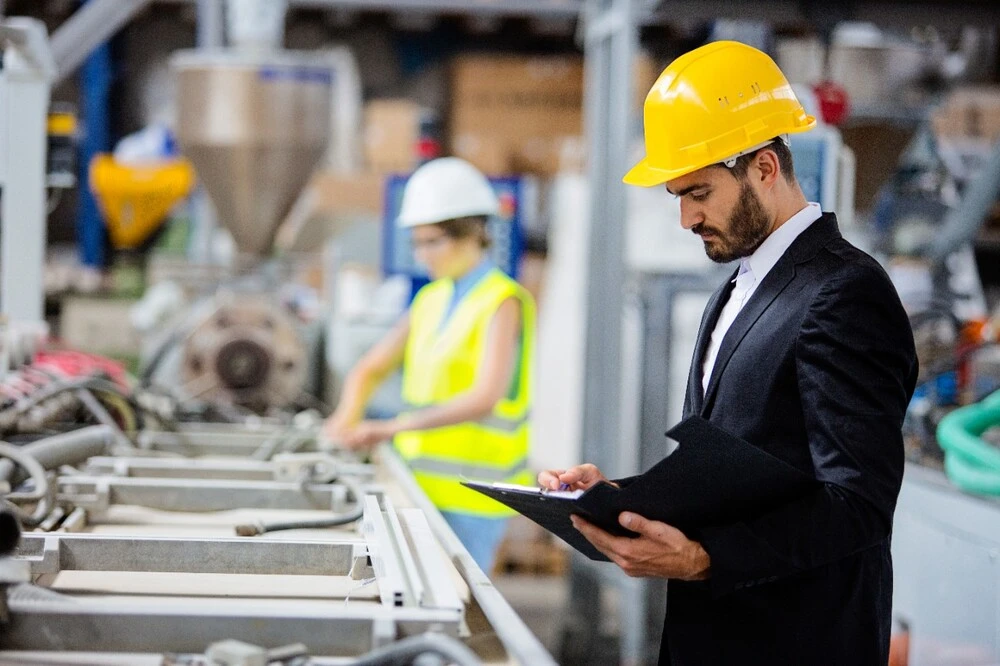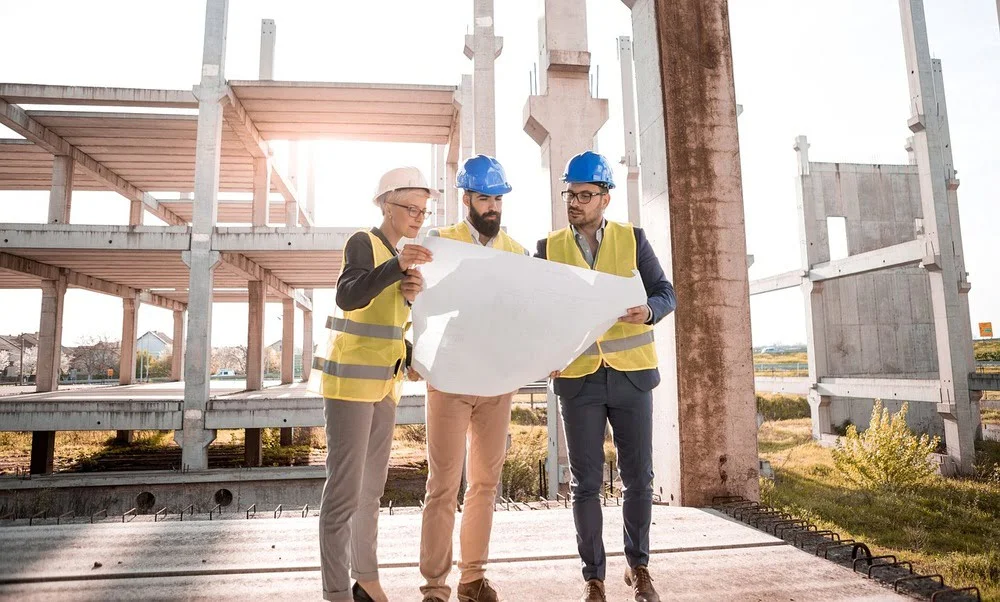
Despite the hurdles presented by the ongoing COVID-19 pandemic, Florida’s construction sector is demonstrating remarkable resilience. While the state’s tourism and hospitality industries have suffered, causing delays and cancellations for many projects, the residential construction sector remains robust.
The enduring demand for new housing in Florida can be attributed to a variety of factors, including the flexibility of remote work, the state’s favorable climate for outdoor activities, low mortgage rates, and an appealing cost of living. These elements have sustained the influx of new residents to a state that was already experiencing steady population growth.

Prior to the pandemic, residential construction accounted for over 50% of all private construction spending in the United States. This encompassed a $500 billion residential construction market, consisting of single-family homes, condominium developments, apartment communities, senior living facilities, and student housing.
It also includes home renovations and specialty trade contractors, all integral components of the residential construction market. Despite an overall decline in construction volume due to the pandemic, residential construction is anticipated to recover more rapidly than other segments of the construction industry in many states, including Florida.
What Sets Florida Apart
Construction in Florida, particularly in the residential sector, differs from construction in other parts of the country. The state’s building codes already include special provisions designed to mitigate damage and prevent loss of life caused by hurricanes and other severe wind and flood events. In South Florida, local construction codes further enhance the statewide building code with specific requirements aimed at reducing the risk of wind-borne debris during major storms.
Additionally, Florida is beginning to address the impact of rising sea levels and higher tides on homes and buildings. With an average elevation of approximately 100 feet above sea level, Florida ranks as the third-lowest state in terms of elevation, making it particularly vulnerable to rising sea levels.
Florida’s construction regulations also reflect the state’s demographic and residential peculiarities. Given the substantial number of senior citizens and retirees in Florida, the state has implemented laws, regulations, and enforcement measures focused on safeguarding seniors from unscrupulous contractors and ensuring the safe operation of nursing homes and assisted living facilities following major weather events.
Florida’s stringent requirements for site development and stormwater runoff aim to minimize the impact on water quality, catering to the residents and tourists who enjoy water sports, fishing, and wildlife. The state’s laws are well-developed to address construction defect claims, particularly in the context of residential condominiums and common-interest properties.

Moreover, Florida’s unique construction landscape is characterized by its geographical peculiarities, which set it apart from many other states in the United States. The state’s extensive coastline presents both opportunities and challenges for construction. Waterfront properties are highly sought after, but the ever-present threat of hurricanes, rising sea levels, and coastal erosion demands specialized construction methods and materials that prioritize long-term safety and durability.
Given its vulnerability to hurricanes, Florida maintains some of the strictest building codes and wind-resistance standards in the country. Understanding these regulations is crucial for effective construction research and project planning. These measures not only protect structures and residents but also have a significant impact on the construction process itself.
In a state where coastal development, hurricane resilience, diverse demographics, and economic fluctuations coexist, staying informed and adaptable is the key to success in Florida’s construction industry. It’s a sector where innovation, sustainability, and compliance with regulations are not just options but imperatives for building a stronger and more resilient future.

Compliance is Paramount
Navigating Florida’s construction environment necessitates a strong emphasis on compliance with applicable laws and regulations. Whether the project is residential, industrial, or commercial, Florida’s contractor license and building code requirements are intricately interconnected to maximize their effectiveness.
For instance, contractors must provide proof of licensure to obtain building permits, and building officials have the authority to report non-compliant contractors to the state licensing authority. Failure to maintain legal compliance during construction can have far-reaching consequences, extending beyond legal issues and potentially triggering events of default in a project’s financing package, endangering the entire development.

The Integration of Virtual Construction Assistants in Florida's Building Sector
In conclusion, Florida’s construction industry is wholeheartedly embracing Virtual Construction Assistants (VCAs). These digital companions seamlessly align with the sustainability trends shaping the construction landscape, providing indispensable support in navigating the complexities of supply chains and the volatility of the real estate market. As Florida’s construction experts lead the charge in pioneering this transformative technology, they are charting a course toward a future characterized by enhanced efficiency, sustainability, and adaptability within the state’s construction realm.
Furthermore, VCAs extend their utility beyond traditional construction operations, as they prove invaluable in the recruitment, hiring, and onboarding of virtual assistants. This additional dimension not only streamlines project management but also expedites the journey toward establishing a flourishing construction enterprise. With the integration of VCAs, Florida’s construction industry is well-positioned to meet the demands of tomorrow’s construction landscape, making strides toward a brighter and more resilient future.
